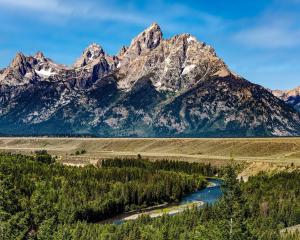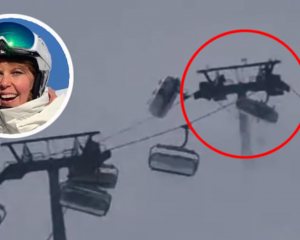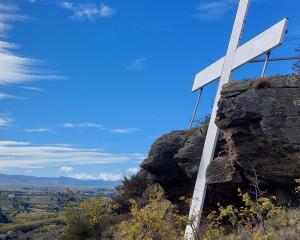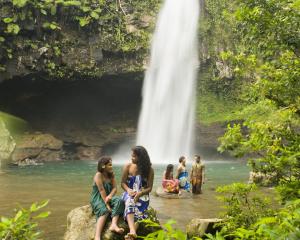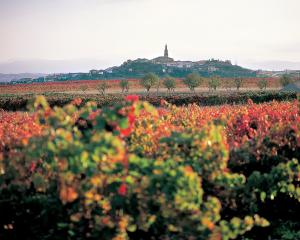
Bangladesh's mighty Padma River is a seething ocean of brown on the morning we arrive at its muddy banks. Intense humidity has turned to pelting monsoon rain, and through the steamy windows of our vehicle I catch a glimpse of huge battered ferry boats advancing towards the shore. Outside, the deluge has sent every man and his dog scurrying for cover. They huddle under ragged umbrellas or pieces of plastic or the undercarriages of trucks while water gushes across the unsealed road and snakes its way towards the river.
When the rain eventually eases, giving way to puffs of mist and steam, the throngs return to their frenetic touting; fish sellers, balancing baskets of trout on their shoulders, tap on our windows; vendors traipse through knee-deep puddles to proffer plastic bags of watery curries; cycle rickshaws, laden with long wands of bamboo, and too heavy to pedal, are pushed by stick-thin men in blue-checked dhoti. No-one is still; not even for a moment. In a land where the per capita income is less than $7 a day, there is no time for idleness if a family is to eat.
A weak sun emerges for a moment from an otherwise monotone sky. Up river, beyond the spot where a lone fisherman perches on the piles of a gigantic billboard that rises above swathes of mangroves, it is possible to see long queues of over-laden trucks parked on a thin stretch of sand-bagged road above the Padma. There are hundreds of them, stretching back for kilometres, as their drivers wait for up to a week for their turn to manoeuvre their vehicle on to a ferry. Today they are tightening down the tarpaulins that cover their loads of dented oil drums and bales of jute, or smoking as they look out over floating islands of water hyacinth. For many of them, passing time would be more pleasurable if they were queuing on the other side where Daulatdia, Bangladesh's largest brothel - some say "the largest in the world" - could offer some distraction.
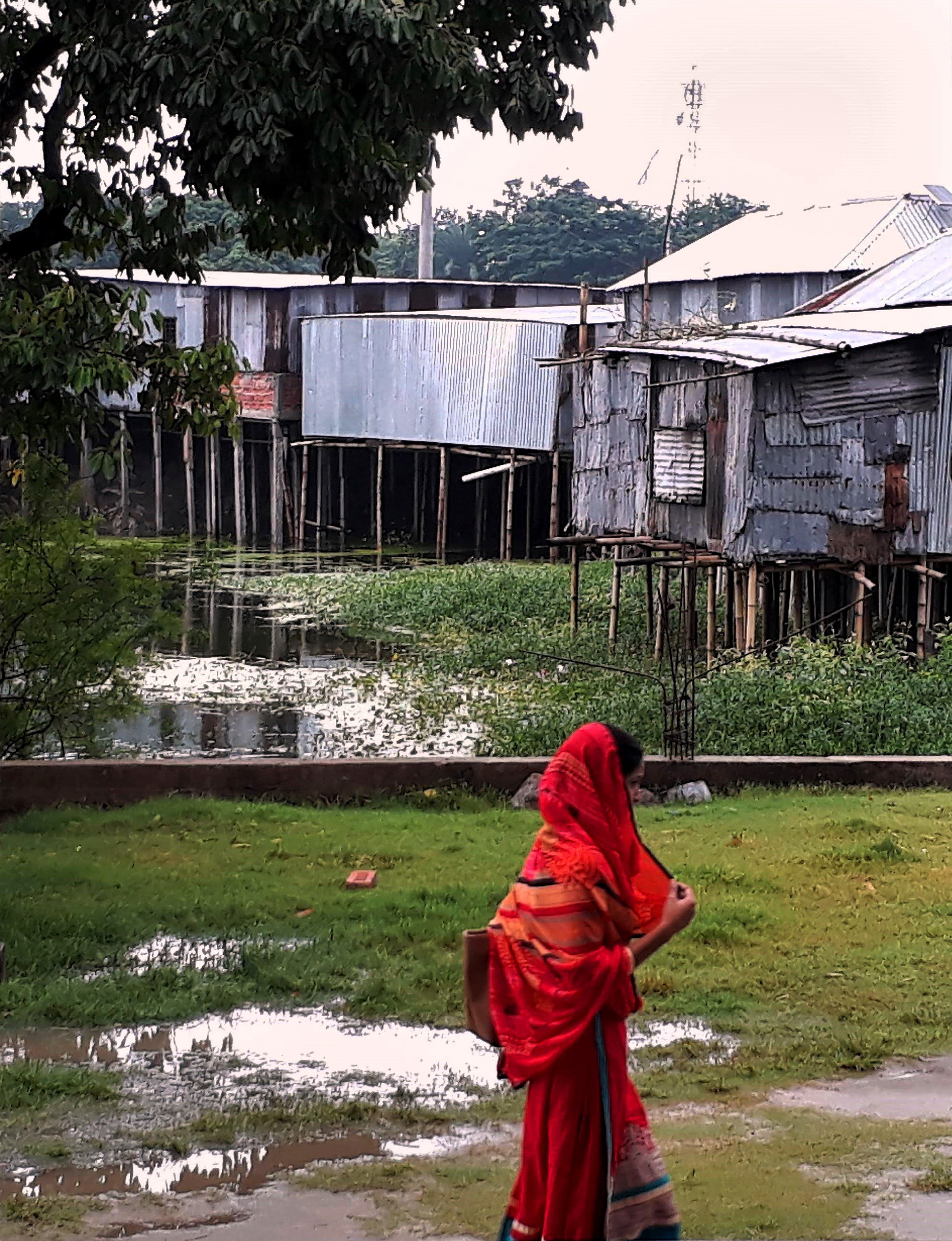

Home to 2000 trafficked and enslaved young women, their owners and guards, and the drug, liquor and gambling dealers who come with the trade, it is a town shut off from the surrounding community that despises yet continues to use it.
Entering the brothel itself will have to wait because from a two-storied concrete building, sporting the same green blush of algae that envelops even the best kept Bangladeshi structures, staff in bright saris, the teachers of Daulatdia's pre-school, are waiting to welcome us.
The pre-school is just one of several learning centres based in the education hub, each being only a stroll from the brothel itself. It bubbles over with life and colour, books and games, children engaged in singing, and dancing, water and sand play, and energetic listening. Tiffins (the Bangladeshi equivalent of lunch boxes), filled with nutritious food, are stacked against a wall ready for each infant to take home at lunch time.
Next door, in another classroom, a mother and baby education class is in full swing. Poorly educated or illiterate sex-worker mums, having handed over their babies for an hour to a trained staff member at the hub, are sitting on the floor, arranging skewers in geometric shapes, keen to learn how to be their little ones' first educators.
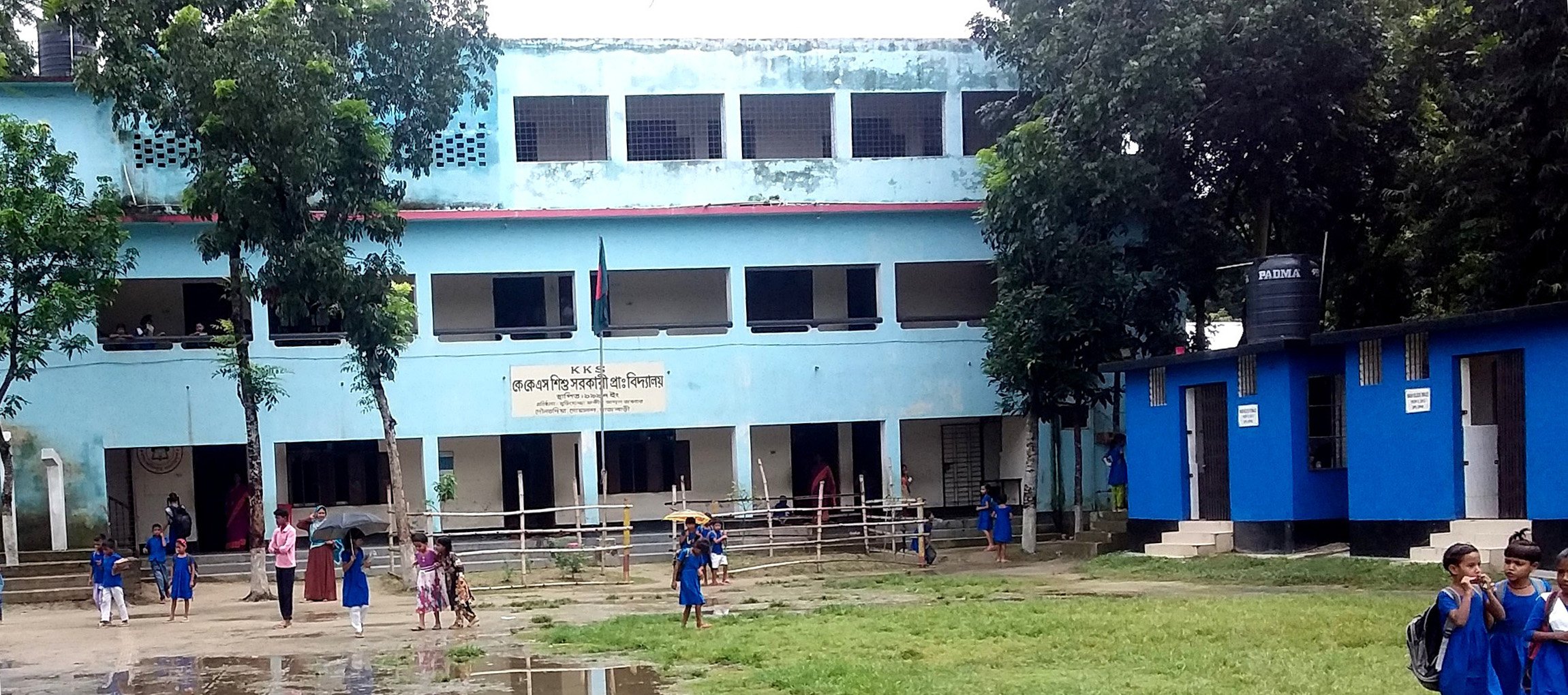
Across from the night shelter is a youth group meeting room where Daulatdia's adolescents are taught the art of self-protection, and strategies for identifying and reporting child abuse within the brothel. Feisty and political, these young people are well aware of their rights, and in a society where even speaking up can be dangerous, they are well trained to support each other until those rights are realised. Their collective strength has already seen them thwart several attempts to carry out child marriages within the brothel.
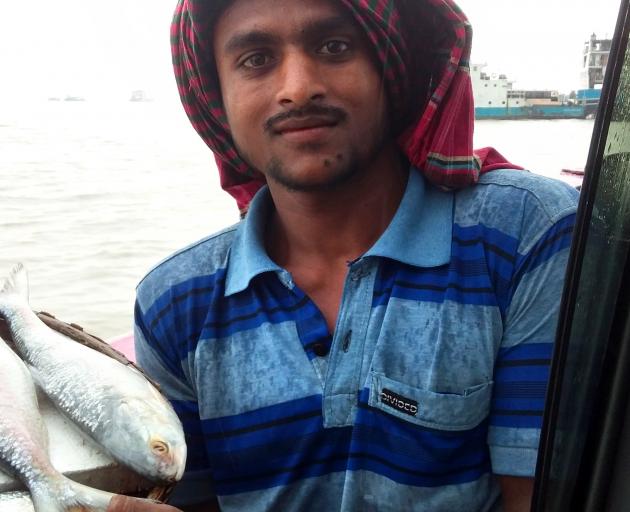
Considering the Save the Children education hub operates six days a week, it's clear the children of Daulatdia brothel are destined for a better chance at life than their mothers ever had. But just how much better I wasn't to realise until I met some of the tertiary-educated students who have passed through the system; young people who are now professionals and with a future outside the brothel. Paramedics, teachers, tutors and nurses are shining examples, but in a society where family connection is everything, and unemployment is high, simply to marry into a community outside Daulatdia, or to find a job in a factory or as a driver, is a sign of significant success.
It is on our last day at Daulatdia that we venture into the brothel itself to observe a health clinic, and a Save the Children NZ child-care class in action. The unnaturally narrow lanes of the purpose-built township are claustrophobic, and although I am prepared for the distressing sight of imprisoned women forced to pose provocatively in doorways, it is the eerie stillness of the brothel that is most disconcerting. The only sounds to be heard are the faint whispers of men huddled furtively in tiny liquor bars, the trickle of fetid water beneath broken drain covers, and the whirr of a sewing machine as a tailor busies himself sewing bright clothes - the tools of the sex-workers' trade.

It is a hope we all share, and one that, on leaving Bangladesh, I am convinced is entirely possible thanks to Save the Children's education hub at Daulatdia. Each morning, when 700 fragile young lives spill from the unimaginable horror of the brothel, they skip, laugh, and run their way, not only to some of the best schools in Bangladesh, but to a future their mothers can only dream of.
Diana Noonan is a Catlins-based writer and editor.




